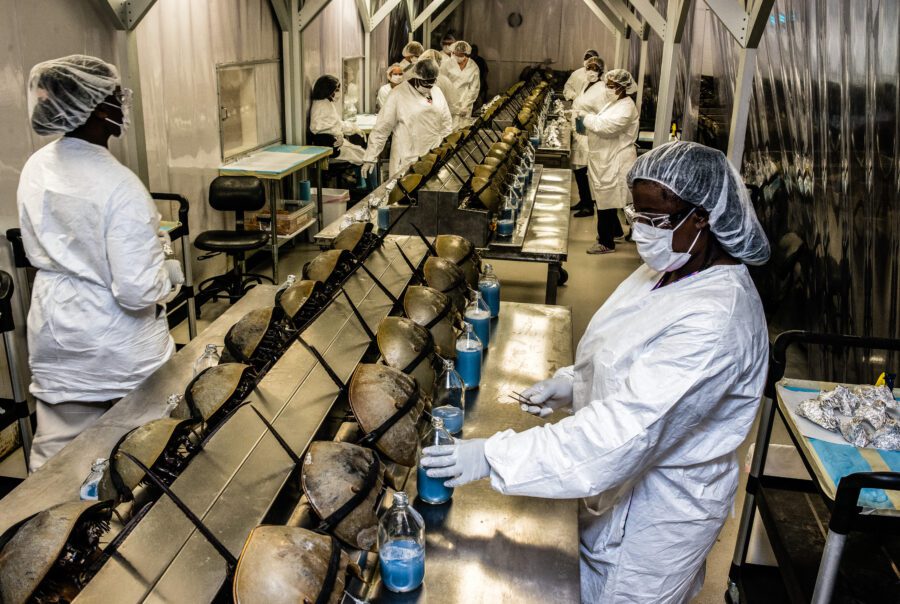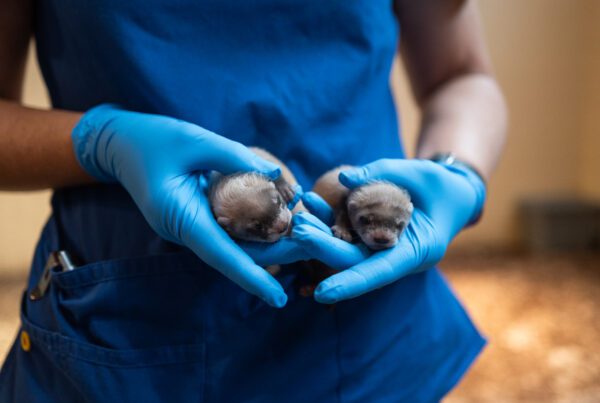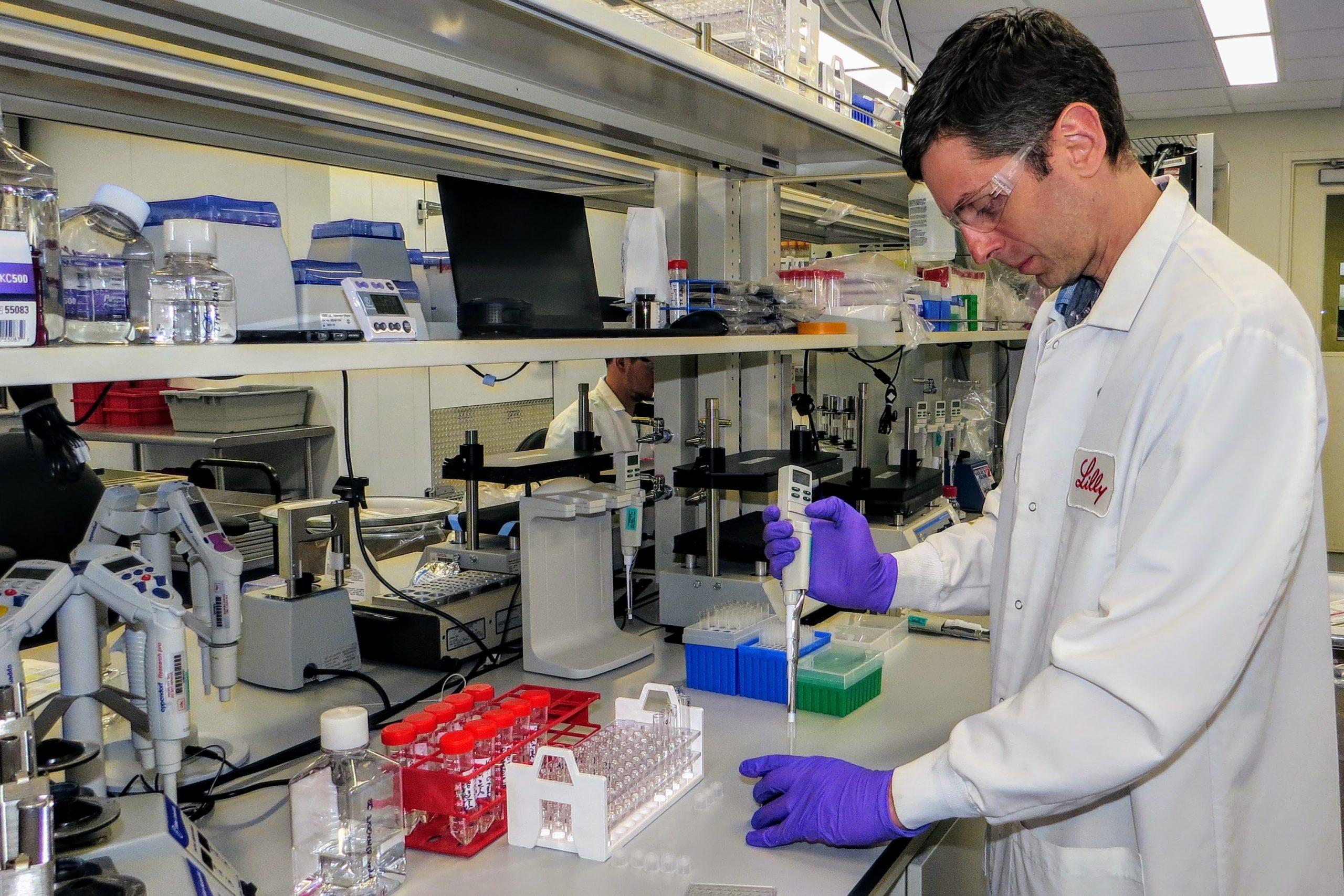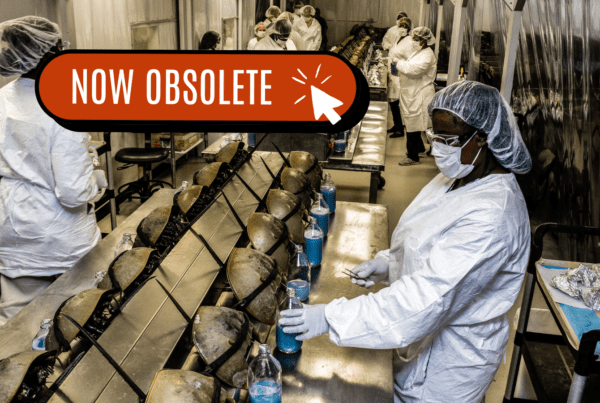
Horseshoe crabs are bled at the Charles River Laboratory | Timothy Fadek
Rockville, MD – Endotoxin testing is a critical step in ensuring the quality and safety of many biopharmaceutical products. When the USP Microbiology Expert Committee convened earlier this year, they immediately sought to determine if animal-free reagents could be used in addition to current methods for endotoxin testing that employ animal-derived reagents.
After evaluating the data and science, the committee proposed a new standard, Chapter <86>, that provides additional techniques for bacterial endotoxin testing using non-animal derived reagents. The new chapter includes methods for using several reagents, including recombinant Factor C (rFC) and recombinant cascade reagents (rCR), and provides information for manufacturers of new and existing biopharmaceuticals on how to incorporate them into their quality testing.
The proposed addition of Chapter <86> to the US Pharmacopeia is in keeping with USP’s commitment to expanding the use of animal-free methods and materials.
To allow stakeholders more time to review, Chapter <86> is now published as a General Announcement in advance of the official open comment period, which will run from Nov. 1, 2023 through Jan. 31, 2024.
Watch this explanatory video: Dr. Jay Bolden, Director at Eli Lilly, explains endotoxin testing and how his company embraces and promotes synthetic alternatives to horseshoe crab blood. Recorded for a Long Now Foundation seminar.
More news from Revive & Restore







